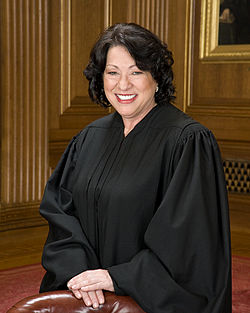B

- Joe Baca – former Congressman from California
- Joe Baca Jr. – former California state assemblyman
- José A. Baca – Lieutenant Governor of New Mexico
- Polly Baca – Chair of the Democratic Caucus of the Colorado House of Representatives (1976–79) and member of the Colorado State Senate and the House and Senate of a state Legislature.
- Herman Badillo – former Congressman from New York
- Hector Balderas – New Mexico Attorney General
- Nanette Barragán – Congresswoman from California
- Xavier Becerra – U.S. Secretary of Health and Human Services, former California Attorney General, and former Congressman from California
- Jaime Benítez Rexach – former resident commissioner of Puerto Rico
- Mia Bonta – California state assemblywoman
- Flavio Bravo – Arizona state senator
- Albert Bustamante – former Congressman from Texas
- Cruz Bustamante – 45th Lieutenant Governor of California






